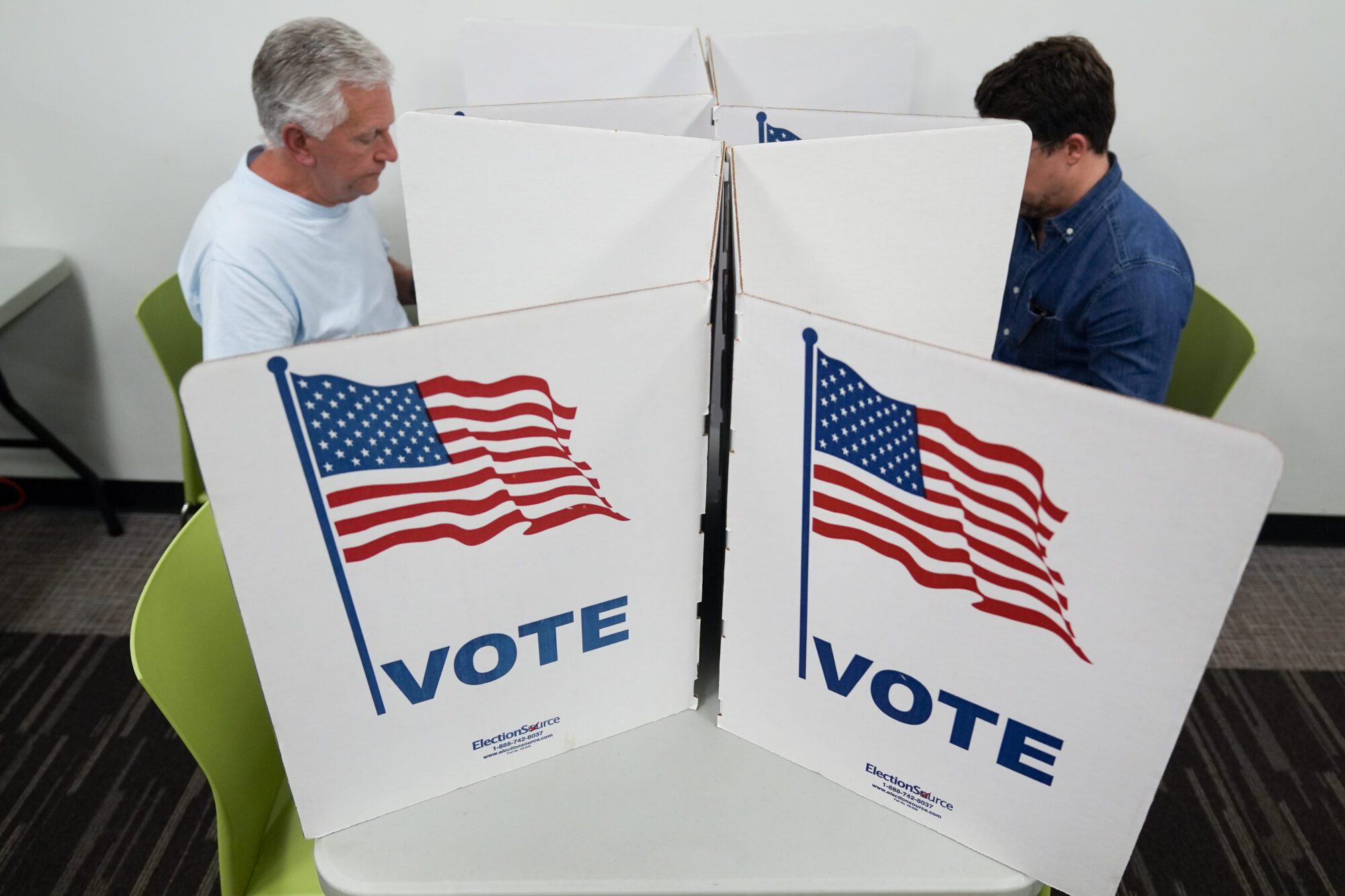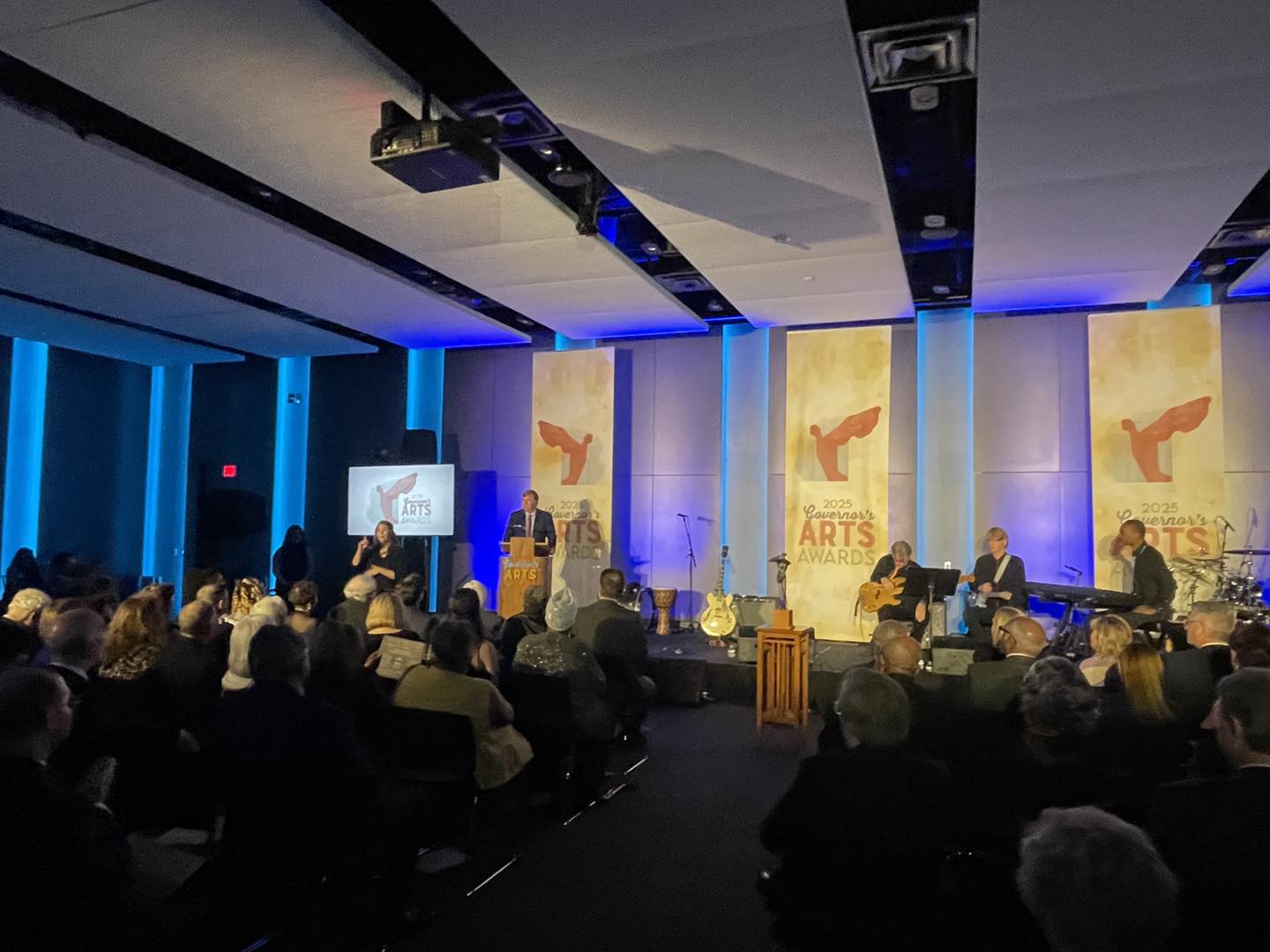Senator Lott Challenges Senate to Produce
WASHINGTON ? In a wide-ranging speech on the floor of the U.S. Senate today, Senator Trent Lott of Mississippi challenged the Senate to produce “like the Senate used to be able to do” by passing the Gulf of Mexico energy bill, Department of Defense appropriations, pension reform and the so-called trifecta containing the minimum wage increase, tax extenders and the death tax. The full text of Senator Lott’s circa 3 pm statement follows:
Mr. Lott: Mr. President, I rise to speak on this very important legislation, S. 3711. But like others today, I may decide I need to comment on some other issues that will be considered later on this week. First of all, I must say that this week so far I’ve been thinking repeatedly about that great line from Rudyard Kipling’s “If.” “If you can keep your head when all about you are losing theirs and blaming it on you,” and it goes on. It is a great poem and basically says if you can keep your head when everybody else is losing theirs all around you, you shall inherit the earth, my son. Well, that’s what I would encourage my colleagues to do today. Let’s just keep cool.
Don’t Lose Our Heads
Let’s don’t lose our heads. Every one of us who gets up to speak, there is going to be somebody on the other side of the issue or the other side of the aisle who is going to say, you know, that senator just lost his head. Let’s keep cool. Now, I just heard a speech saying we shouldn’t pass this bill because it’s not big enough. And yet, you’re going to hear a speech later this week saying we shouldn’t pass one of the next bills because it’s too comprehensive. Now this is not a bill that’s going to solve all of our energy needs. We didn’t get in the fix we’re in the energy area over the past year or 10 or 20 or 30. It’s been coming for years.Find More Natural Resources
We made speeches on this floor about how we’re becoming more and more dependent on foreign oil. We were all worried it was going to be 40% and then 50%. Now it’s 60%. And if we don’t do something about it, it’s going to continue to go up, and I do think it’s dangerous. We should address it every way we can. As I’ve said before in some of my speeches here, I personally think the way to deal with our energy needs is to produce more of everything. Make the pie bigger. Quit trying to find ways to shrink it. More oil and gas production, more clean-coal technology, more hydroplants, more nuclear plants, and, yes, alternative fuels — biomass, biodiesel, conservation ? the whole package. But my first preference has always been to produce more, because that’s the way I was raised. You don’t have to do with less. You can find more natural resources. You can find more alternative fuels. We ought to try to do that. I think we can get together on it.Now as far as this not being a comprehensive package, we just passed an energy bill last year. This is a big bill. A very costly bill, with several good provisions in it. I met this very morning with people saying we’re interested in this tax credit or that credit, you know. We can change automobiles where they can use propane. And, by the way, we’ve got the infrastructure. Lots of good ideas out there. We’re going to have our first ethanol plant in Mississippi. We’re all trying to find a way to do a better job. But this bill will also help with that plan. It will produce more oil and gas. Lots more oil and gas. More oil, millions of barrels. More natural gas, trillions of cubic feet of natural gas. This is a positive step. This will lead us toward more production which will make us less dependent on foreign oil. Why don’t we do that? And it will have an impact pretty quickly. It will have an impact on future markets. I think we can get some of that oil and gas out of the Gulf of Mexico in this designated area sooner than a lot of people think and in a lot larger quantities.
Quit Trying to Find the Perfect
I would just urge my colleagues, quit trying to find the perfect. This is good enough. This is a magnificent effort, and it is bipartisan. I talked to my friend, former senator John Breaux, Louisiana Democrat, this morning. I said, well, we finally figured how to bring together a bipartisan package without you. Twenty-two Democrats voted to move to this legislation yesterday. Seventy-two members of the United States Senate said, yes, let’s cut out the frivolous debate. Let’s get to the substance here. This is an opportunity to get something done. What are we whining about it? Why aren’t we high-fiving and thanking each other and congratulating each other and saying to the American people, it’s not the end, but it is a beginning. It’s good. Let’s do that. We need to address this overall energy problem. I found some other interesting arguments. One of them is, well, if we do this, it will be cutting revenue coming to the federal government. Let’s see, the math on that one eludes me.If we don’t do this, we’re not going to get any revenue from this area. None. Zero. So if we do it, we’ll get a substantial impact on the federal budget ? revenue coming in. Yes, some of it will go to the states in the region, and some of it will go to states all over the country. But there will be a huge impact of revenue coming in from the royalties if we do this bill, S. 3711, to open up those millions of acres down there in the south-central part of the Gulf of Mexico.
This, once again, from the standpoint of helping the government and the people, is a winner because this revenue will be coming in to the federal treasury. Now, it’s been argued, well, why should the states in the area benefit? Because we haven’t benefited in the past, because we have not been treated fairly, because we are the ones that take the risks. We are the ones that have a tremendous coastal impact problem now that we must address in terms of hurricane prevention and protection against hurricanes, in terms of coastal replenishment. We’ve got estuaries in Louisiana that are just disappearing.
We have a huge problem on our hands. Now we can pay for it this way, from revenue in our region, where we do take the risks, if any — and they are very, very, very minimal — so we can have more revenue to do more for ourselves. I like the fact that it doesn’t all, this revenue that comes to the gulf states, go just to the states, to the governments. It goes to the local people. Twenty percent will go to the local people. The supervisors, the counties will decide what part of restoration or prevention or recovery that they will put this revenue into.
A Fair Deal for Gulf States for the First Time
Now for years with royalties in the west, the states got 50 percent of it, 50 percent of the royalties. Yet, in the Gulf where oil and gas have been pumped for years, we’ve been getting basically zero except the percent we get out of land and water conservation funds, which are pretty small. Now we’re saying we would like to have an arrangement, something like you have in the west. We’re not saying either all has to come to us or not at all. Part will come to the Gulf States. Part will go to the federal land and water conservation program which will go to states all over the nation, and part will go to the federal government. Again, for the first time this is a fair deal for the Gulf of Mexico states, and I’m proud of that. And all of us from that region — Texas, Louisiana, Mississippi, Alabama, and, yes, Florida, are supporting this package. Without us, it probably wouldn’t have happened. A lot of credit goes to the senators from the region, particularly the Senators from Louisiana, Mary Landrieu and David Vitter.This is also an acceptable arrangement for Florida, which has not been easy. It’s tedious. They want to protect the area that’s used for their military training. They want to protect their beaches which are so critical to their tourism. I understand that. I may not agree with them in terms of how far away it’s got to be. This has taken a lot of time, and it’s a huge effort. It is a sensible one economically.
None of this will take place any farther than 100 miles. I think it is 125 miles from the shore. Meanwhile back in the real world, China is prepared to start drilling off the coast of Cuba, which is within 60 miles of Florida. Is that going to happen and, yet, we’re prohibiting the drilling in the Gulf for oil and gas even 125 miles away? This is a good effort, and I’m proud to be a part of it.
Now, let me speak a little bit about this week. My colleagues, there’s going to be plenty of time and plenty of opportunity to say, oh, it’s your fault, it’s your fault. It’s that leadership. It’s the Democrats. It’s the Republicans. It’s this chairmen. It’s the House of Representatives ? recrimination and blame all over the place. We need to put aside the blame game. We need to put aside our own pitiful pride where we’re defending our turf, insisting on the correctness of our position. Hey, if it were my call, I wouldn’t set this up — set this week up the way it is, but somebody’s got to make that call. And it’s been made, and I support it.
This Could Be An Incredibly Good Week
This could be an incredibly good week. Anybody that thinks we’re going to do better in the elections this year by doing nothing, you are sadly mistaken. Does anybody around here not look and see where Congress is rated, the two parties? It’s a question of who is the lowest, not who is the highest. We need to produce. We used to be able to do that. We used to be able to reach across the aisle and find a way to make it happen. That’s what we need to do this week.Just envision this: Dream that at the end of this week we will have passed an energy bill that will help reduce our dependence on foreign oil. We’ll have passed a defense appropriations bill to help us in the war on terror and to support our troops, wherever they stand vigil this very night. That we’ll have passed pension reform that’s been years coming, that’s in the best interest of corporations and employees all over this country. That’s good for aviation and automobile manufacturers. But most important of all, working people, just people out there making it all happen — that are worried about their retirement, worrying will their pensions be at the level they were promised. Wondering how they can transition from defined benefits into defined contributions, 401(k) plan, IRAs, whatever. They would sleep better if this dream came true. And we finish this week up passing this pension reform with the aviation pension part of it included.
The Trifecta
And the so called trifecta. Now, I don’t know much about betting. I don’t even really know what a trifecta is, but I know it’s three of something. And I suspect that in a trifecta bet, the return on the dollar is huge. That’s what will happen if we do this bill called the trifecta that has a minimum-wage increase, $2.10 over the next three years. A lot of small business men and women are concerned about how they’re going to deal with that. Are they going to take it out of the bottom line? Are they going to lay off people? Are they going to raise their prices? They’re not sure. But the fact of the matter is we haven’t passed a minimum wage increase in ten years. I was here when that happened. A lot of people feel like it’s time we do this. We can debate that; we will debate that. If we’re going to get the trifecta, that’s part one.Part Two Is Extenders
Now, that’s more Senate talk in Washington for tax provisions. But they’re not just insignificant tax provisions. They’re the tax credit for research and development, which is about the future of America. If we want to be competitive, we better be doing some research and development because you can bet the Chinese, the Japanese, even the Russians are beginning to do things in that area.It also has a deduction for college tuition. I thought we were for that. For the first time we were on the verge of getting a fair capital gains rate for timber. I thought we were for that. That part of the trifecta has so many things that will be beneficial for working men and women in America, for the people who own a few acres of timberland, for the people who want to send their children to school. We need it, and it will produce much more revenue than would be expected in tax credits and deductions. You never get finished reaping the benefits of helping a child go to college and get an education. It benefits our federal treasury for years to come. I’m one of those. I got a student loan to get through college. I think I paid it back a few times over the years. We ought to do the extenders and we ought to do the reasonable compromise on the death tax.
Death Tax
Now, you’re going to hear ranting and raving about how horrible it is that we would reduce taxes on the wealthy. Well, I’m not one of those. I don’t have anybody in my blood family that would qualify. I do probably have a couple of in-laws that would qualify for it. But I have never been able to conceive but one other tax worse than the death tax. Just the idea that you work all your life, you produce, you save, you have a house, a farm, a small business, whatever, and the government shows up when you die and says, give me a huge chunk of it. The principle is wrong. I’ve never talked to men or women, young or old, of all races who said, the death tax is a good idea. It’s a bad idea.The only tax I know that’s worse is the income tax, of course, and the day will come when we’re going to have to fix that, too. But it’s a trifecta. Can I argue about parts of it? Sure. Can I argue against some of the things in the death tax or the minimum wage, how it’s corrected? Sure. But it is good enough.
Will it help America? Yes.
Leave On a High Note
We could have a vision this week that led us to do these four things and leave here on a high note that would be good for America and good for everybody that participated in the effort.I urge my colleagues to keep calm this week. Let’s hold down on the accusations. Let’s try not to get mad at each other. Let’s try to cooperate as much as we can between our leadership. And let’s see if we can’t do something right for a change in this institution.
I still have faith that the majority of the Senate wants to do what’s right for our country, not what’s right for our party or our region to the disadvantage of other regions. And not what we’re told to do. Sometimes we don’t agree with the leadership. These guys and ladies have a very tough time. They have to review a lot of things that the rest of us don’t know about. We have to be prepared to follow them, and this week they may be pulling against each other, but maybe we could help get them back together and produce a final product.
Let’s Vote for Everything
I urge my colleagues, let’s vote for S. 3711. In fact, my suggestion would be let’s vote for everything this week. That would be novel. I yield the floor, Mr. President.







